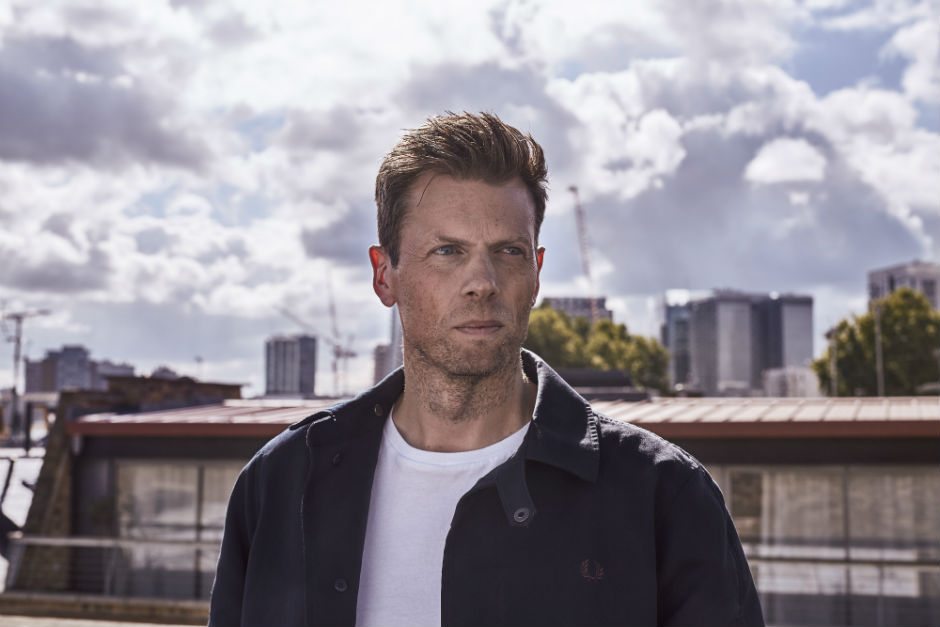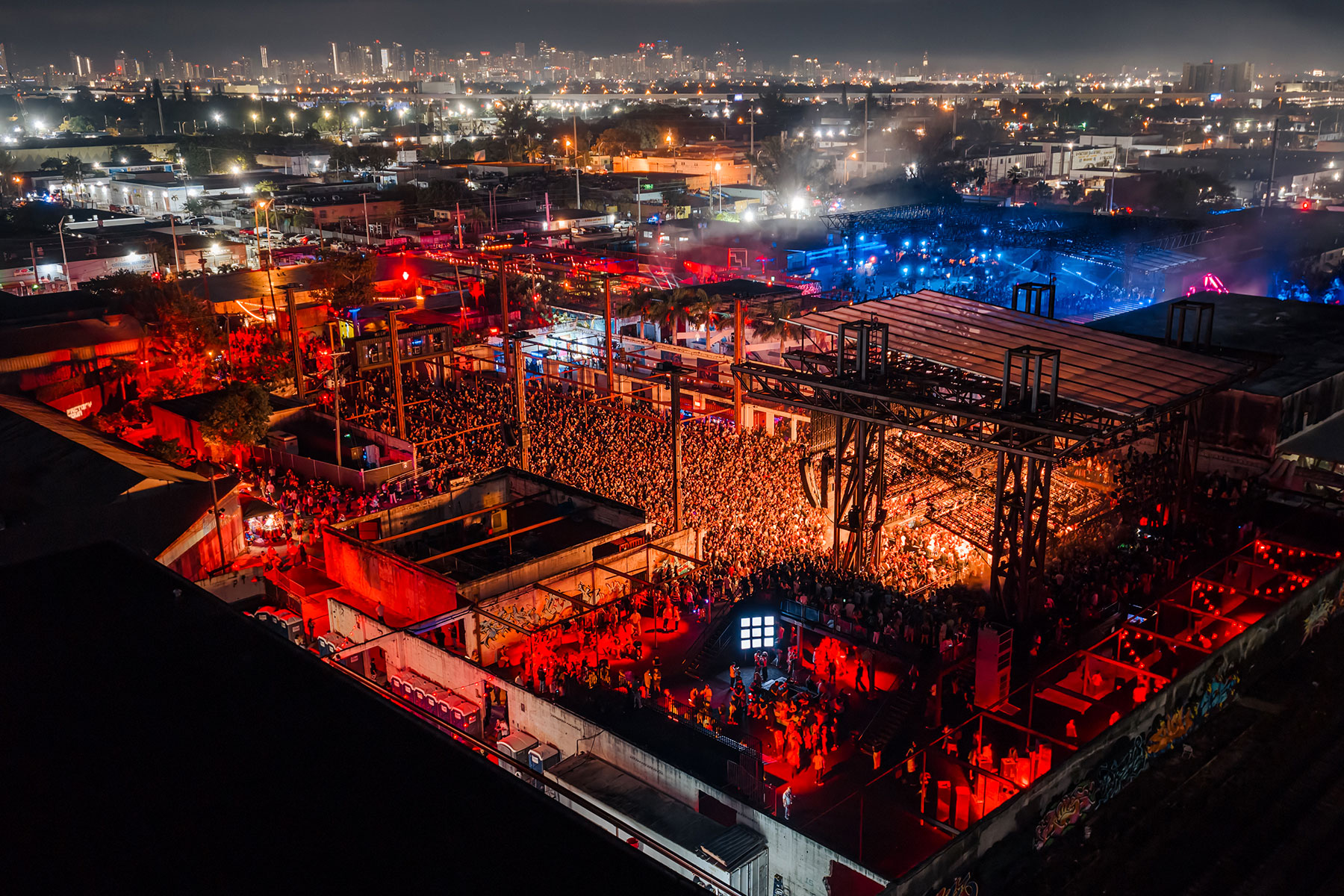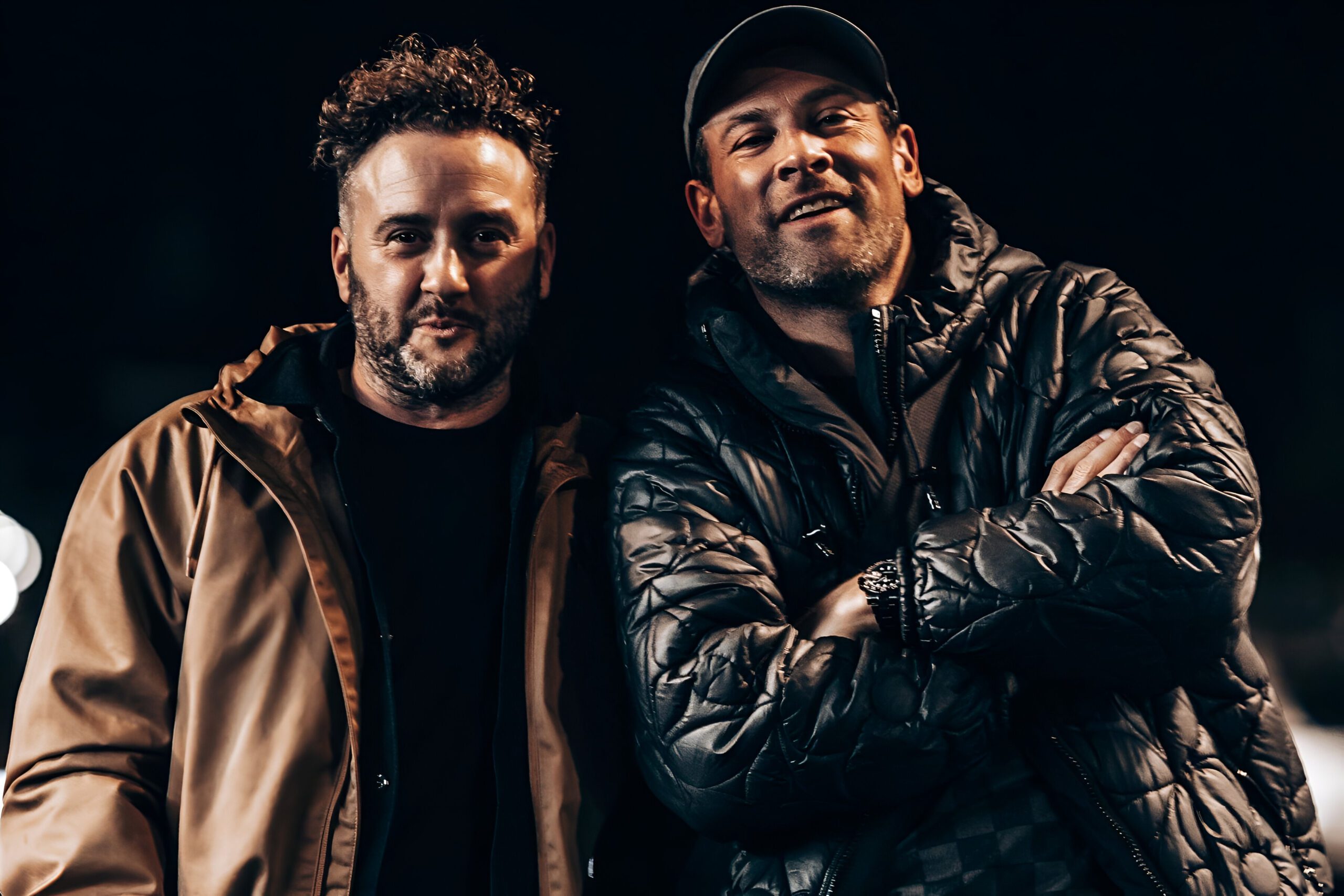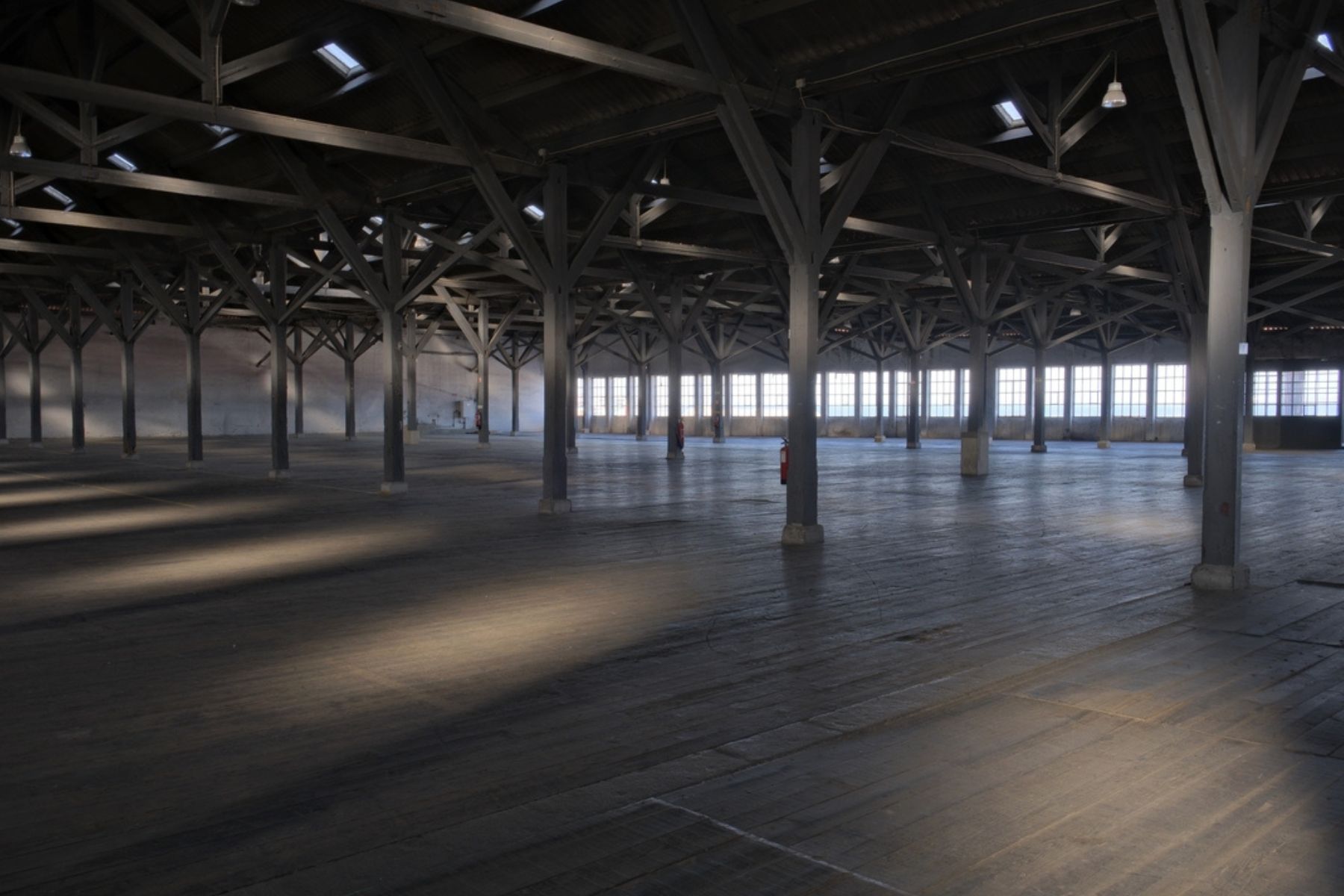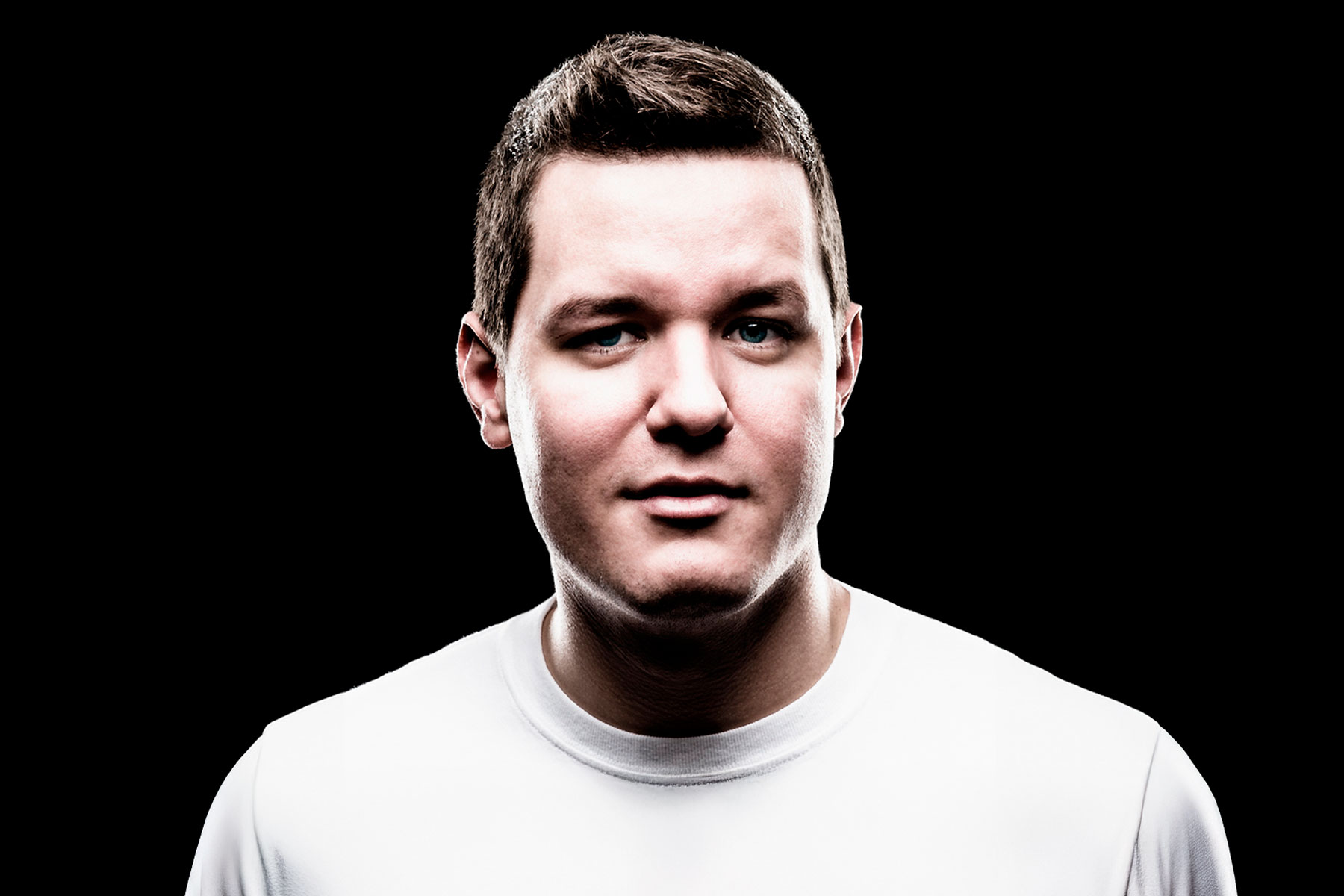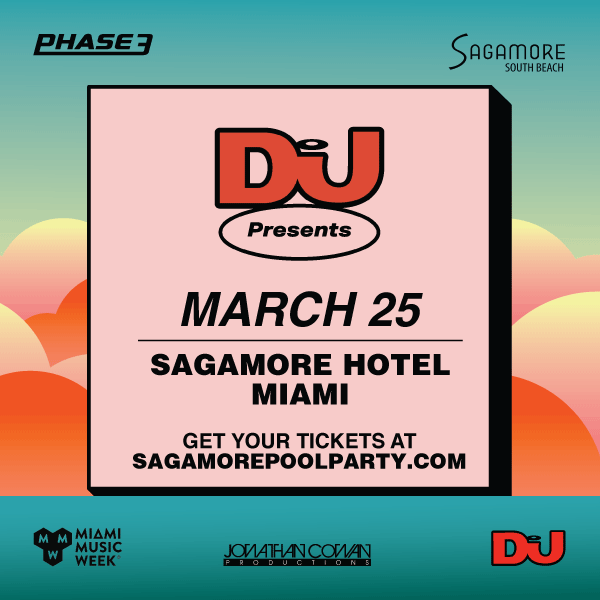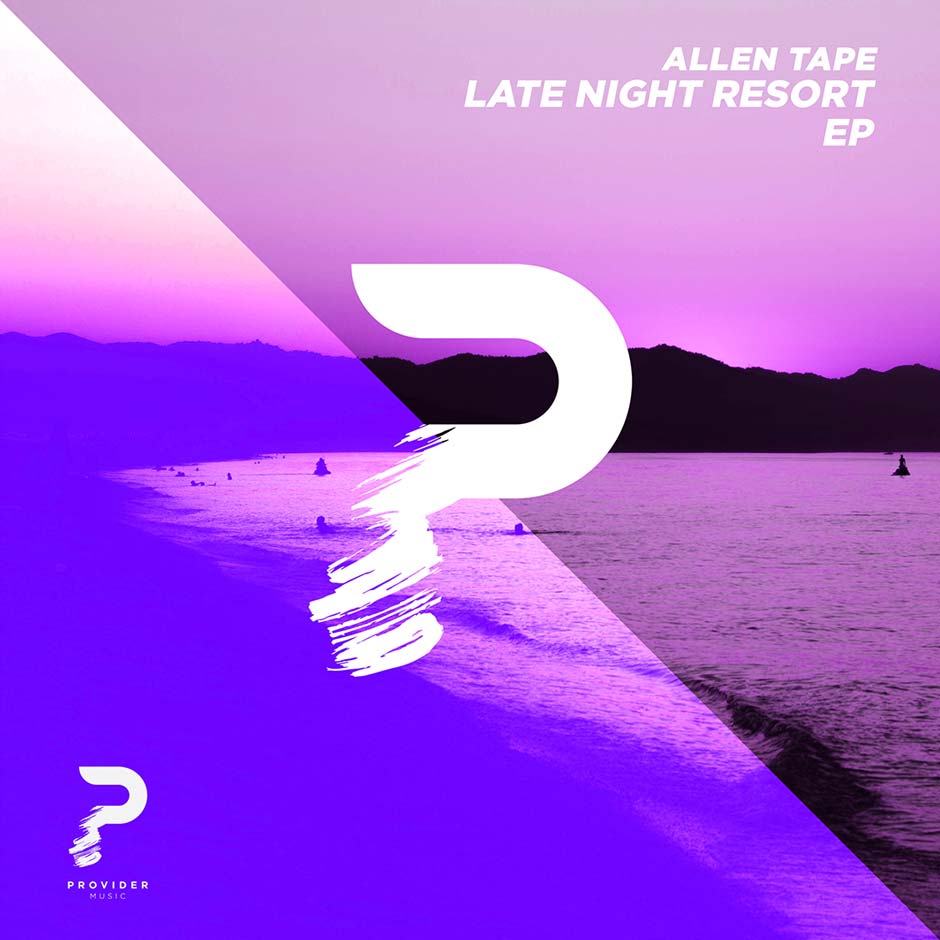Kevin McKay has been producing records since the early 90’s. His early work as Muzique Tropique found favor with DJ’s as varied as Andy Weatherall, Dubfire, Roger Sanchez and Danny Tenaglia. Recording with Omid 16B as Sixteen Souls he made ‘On My Mind’ one of the all-time anthems at the legendary Sir Henry’s in Cork. In the 00’s he discovered Mylo and set up the Breastfed label going on to co-produce & mix ‘Destroy Rock & Roll’. As the producer/programmer half of Linus Loves he was responsible for the massive club hits ‘The Terrace’ and ‘Night Music’. Since 2007 he has been running the Heartbeats label (home to Grum) and in 2011 he relaunched his label, Glasgow Underground.
We caught up with Kevin McKay as Glasgow Underground is celebrating its 20th anniversary with a special compilation.
Electronic Groove: Hi Kevin, thanks for taking the time to chat with us. This year marks the 20th anniversary of your renowned label Glasgow Underground – how does that feel?
Kevin McKay: No worries! Thanks for having me. It feels amazing to be honest. When I started the label, I did it mainly to give my own music a platform. The label soon morphed into something bigger than that as I turned out to be better at signing big tunes than I was at making them. To be able to still be doing both 20 years on despite the changing landscape of the scene and the changing environment of the business feels like an incredible achievement.
EG: To celebrate you’ve released a compilation album called ‘Underground Sound of Glasgow 2017’, why do you feel it was important to curate an album for the anniversary?
Kevin McKay: The main focus of the label has always been new music. I have always done compilations but they are more for people who might have missed something or are dipping into the label for the first time. I don’t run the kind of label that is forever regurgitating catalog with snappily titles lifestyle compilations. Maybe I should but to me, dance music is innately progressive and my love of that is reflected in how I run the label. So to celebrate 20 years without doing something new would feel very odd. I also love where Glasgow is at the moment musically. It feels very much like it did in the 90’s where there is one thing happening in dance music (the whole tech-house-as-the-new-EDM thing) and something very different from that happening in Glasgow. To me, a scene like that can help create brilliant music because no one gives a shit about aping the guys who are the “top”.
EG: It’s filled with really amazing Scottish artists, what was the process like when choosing artists to produce for the album?
Kevin McKay: With this one I wanted the album to represent the sound of the city right now. I also wanted it to reflect the contrasting music that is coming from producers across the age and experience spectrum. There are some people it would be hard to do an electronic music compilation about Glasgow without including (Twitch from Optimo & Domenic Cappello being two key ones here), and so once I had them on board I felt confident in expanding the list to include the newer producers that I think are doing cool things.
EG: What are your favorite aspects of Glasgow’s music scene?
Kevin McKay: I think my favorite thing is that people just love to party. You can have the coolest DJs in the world play there and – unlike other cities – people are not generally standing around chatting the chat, trainspotting or just trying to look cool; they are having it. As well as that they generally turn up in numbers for things that mean something to people in Glasgow, rather than things that are generally hyped in dance music. For example, you will see more people come out to see someone like The Black Madonna than you would a #1 Beatport artist like Dennis Cruz.
“I love where Glasgow is at the moment musically”
EG: How has it changed over the years?
Kevin McKay: I think what I said above is as true now as it was when I started going out in 1989. What has changed since then is how popular dance music is and how much Glasgow – like other cities – has expanded. In the early 90’s, dance & electronic music was very much a niche sound. There was one club – The Sub Club – playing truly underground music where the DJs playlists featured almost nothing that was on the pop charts at the time. There were other clubs playing dance music but the big tunes of the night would usually be crossover tracks. Nowadays you can go out and hear underground music in a load of different venues and settings. In terms of the people, back in the early 90’s the clubs in Glasgow were generally filled with young people studying or working and living in the City Centre or the West End/East End/Southside. It was easy to get to know the majority of the people you would see in clubs as they would be drinking and hanging out in the bars around the city. On top of that, because the music was so niche, and being a fan wasn’t easy, it appealed to people who liked living outside the norms of youth culture at the time and so the clubs had a more esoteric look. If you fast forward to now, we have a situation where more people are living in the city and more people are coming into the city from the surrounding towns and so – to me – while the music is still exciting, the nightlife feels more homogenized.
EG: The way labels work has changed immensely since you first started Glasgow Underground – how have you adapted to those changes?
Kevin McKay: In some ways it has changed and in others it hasn’t. In terms of the essence of what I do, it is still about finding music that DJs will want to play and/or finding the kind of artists that will make great music for the dancefloor and helping them develop into the best artists they can be. Of course, in terms of how the music is consumed, everything has changed. I started releasing music only on vinyl as that was all DJs played. I then released compilations on both CD and vinyl because music fans bought both. The process of releasing on all those formats was quite drawn out. You had to have the music mastered for the right format, make test pressings (for vinyl), glass masters (for CD) and physical parts for both (sleeves, CD inlays, etc). Those processes didn’t run to an exact timeline and neither did your PR so you could only work on a limited number of releases a year. It used to take about 6-10 weeks from signing a track to making it available to DJs.
Because of this and other reasons, records would stay visible in stores for around 2-4 weeks and if they sold well, they would stay visible. Now I can replicate the whole creation process in a day and for bad or for good we have a situation where the online stores completely update their shop front (apart from charts) every week and so most big labels have a release a week. Personally, I’m not sure that is the best for the scene but that is what we have and so – to make it work financially – I have had to adapt the label to have more releases and less time spent on each.
EG: With the digital age, do you feel it’s easier now for you to get the label’s music out there to people whether it’s listeners or DJ’s?
Kevin McKay: It’s easier to get it out there to them but much harder to get them to listen to it! What I talked about above has created a huge amount of background noise that surrounds the big records and – unless you are releasing as an A-list artist or on an A-list label – it can take a long time to get your record to be audible above that noise.
EG: Where do you see the landscape of record labels in five years?
Kevin McKay: I think you will always need some kind of record label. In the future it might not look like any label from the past but artistic creation is a very personal process and creates music that the originator is intrinsically tied to emotionally. I firmly believe that artists need someone they know and trust to help them chose what music to release and when. I’ve lost count of the times I’ve heard from an artist “this is the best thing I’ve ever done” 5 minutes after they have finished it and yet, if you ask them again in 3 months, the track is unlikely to feature in their top 5 works! It is impossible to have any real perspective as the creator and so we need to have some help on that front. That won’t go away.
On top of that, fans need brands they can trust to sift through all the noise I mentioned and pick up on the best new music. So – for me – the question of whether digital stores like Beatport & Traxsource will continue to flourish or streaming will become the only platform is largely irrelevant to the existence of my label. As long as artists need perspective and consumers need guidance, we will be there.
“We are also releasing a huge compilation of the best of the music from the last 20 years and planning a series of parties in London for 2018”
EG: How do you scout for artists to release on Glasgow Underground? Do you have a specific process or is it usually quite spontaneous?
Kevin McKay: My label’s ethos is simple and personal. I only sign music I would play as a DJ and – occasionally for compilations etc – music I would listen to at home. I spend a lot of time searching out new music via traditional media and the Internet and when I find an artist I like I get in touch to tell them, see if they would be interested in hearing more about GU and take it from there. As well as this I have 3 A&R guys, Sam Dexter, Mikey Duncan and Tom Alemanno who check on all the music that is sent in to our demo email. Sam especially is a great young A&R who the most involved of the team and has also developed a few projects on the label notably artists like Chris Main, Simon Mattson and our Callisto compilations.
EG: Aside from the compilation album, how else have you been celebrating the milestone for you and your label?
Kevin McKay: We are also releasing a huge compilation of the best of the music from the last 20 years and planning a series of parties in London for 2018.
EG: What are your aims and goals now that Glasgow Underground has reached 20?
Kevin McKay: To carry on for the next 20! I started the label when I was 26 and right now I can’t see myself doing anything else. In the short to medium term, I would love to see the label develop some artists that were making the most important dance records of the year. As the label grows in popularity, more serious artists feel comfortable being with it (as they grow bigger) so hopefully that will come soon.
Glasgow Underground’s ‘The Underground Sound of Glasgow’ is already available. Grab your copy here.
Follow Kevin McKay:
https://www.kevinmckay.co.uk
https://www.facebook.com/kevinmckaymusic
https://soundcloud.com/kevinmckay
https://www.instagram.com/glasgowunderground


